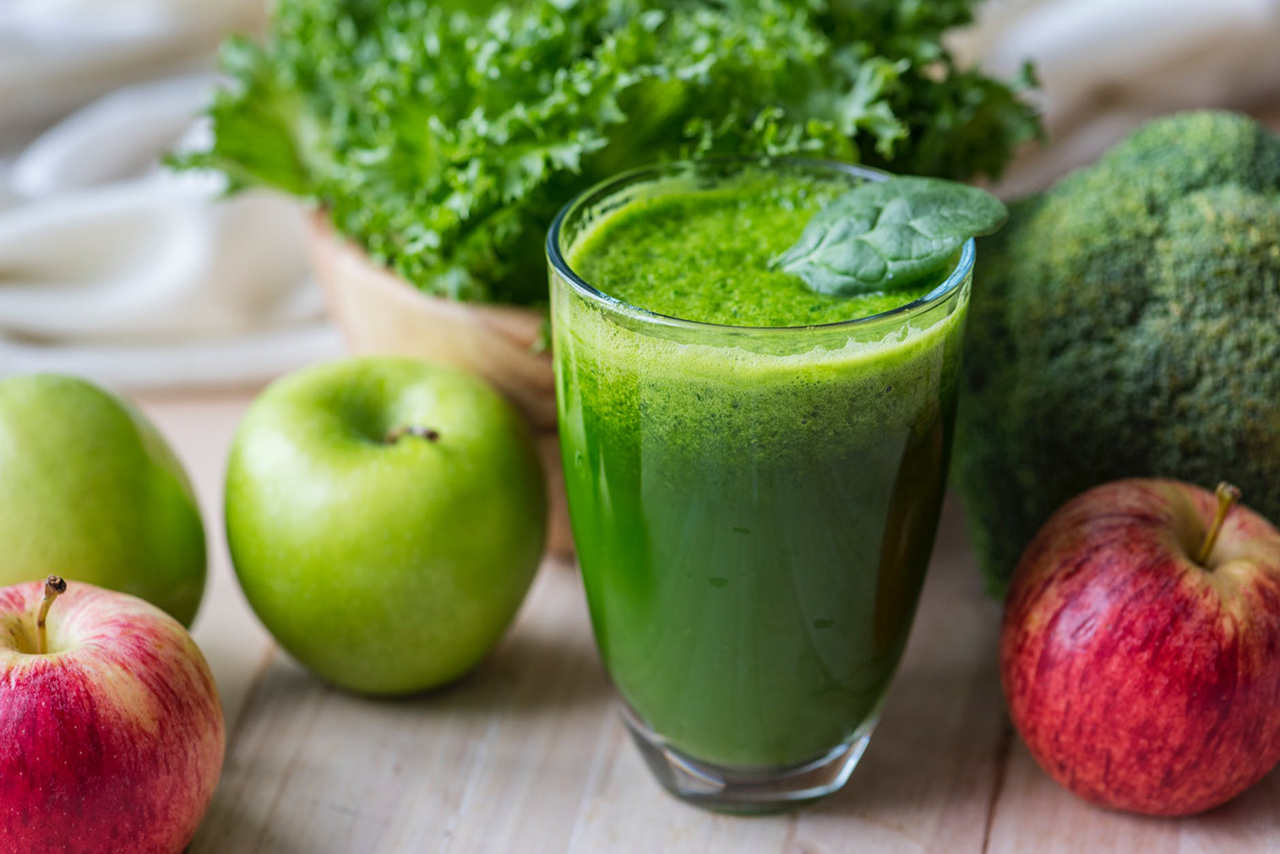
Have you ever thought you had a slow metabolism?
“I can’t lose weight because I have a slow metabolism.”
We hear this far too often.
Yes, there are particular instances where individuals have metabolic diseases, but for the most part, these individuals don’t realize how much power they have to increase their metabolism.
First, what is “a metabolism”?
It is the amount of energy the body uses to sustain life such as a beating heart, sustain lean body mass, breathing, regulating body temperature, etc.
Yes, bodily functions burns calories. All this translates into your individual BMR (Basal Metabolic Rate).
What other factors involve metabolism? Activities of daily living along with exercise. You may ask, “Why are some people able to eat anything and everything and maintain weight?” It’s likely they are engaging in many of the factors that affect one’s metabolism.
Tips to increase metabolism:
1. HIIT training
(above 85% maximum heart rate) utilizes a lot of energy and requires additional energy to recover compared to moderate or low-intensity cardio sessions.
2. They lift heavy
Heavy weight lifting utilizes a lot of energy and requires additional energy to recover and with proper nutrition builds lean body mass (another important aspect for the metabolism).
3. They have a more lean body mass
Many studies have found that muscle burns at least 3 times more calories at rest than fat.
4. They eat more protein
Protein burns more energy than any other macro-nutrient. It also regulates hunger for a longer period of time. Lastly, it maintains lean mass which is important for metabolism.
5. They are consistent with their food intake
A high compliance rate for one’s post-workout nutrition as well as their overall day, in general, is a huge factor in whether you meet your goal or not. Lastly, this reduces one’s need to overeat.
6. They eat more wholesome foods
Processed foods are already digested. Digestion burns calories. By eating more wholesome foods one is taking advantage of the thermogenic effect of foods.
7. They drink plenty of water
Proper hydration is important for overall health, but it also affects one’s likelihood to give in to cravings. By keeping hydrated one will not mistake thirst for hunger. It has also been found to increase the metabolic rate slightly.
8. They drink tea
Tea has been found to temporarily increase one’s metabolic rate by 4%.
9. They don’t stress
Stress increases cortisol levels, which increases one’s likelihood of storing fat. In turn, this reduces one’s metabolism. By including regular exercise, yoga or meditation this could help reduce stress healthfully.
10. They think they can
The pessimist will look at this list and think they are so minimal and will not do anything. The optimist will implement them into their day and realize it all adds up.
I hear quite often, “My metabolism slowed as I aged”, the reason I wouldn’t blame your “slow metabolism is”:
Ever think about how active you might have been as a child? Do you do as much activity? Are you eating more than your youth? It’s likely you’re moving less and eating more, not suffering from a “slow metabolism”.
Now you may be wondering how one measures the metabolism. And we must remember that the BMR is the bare minimum which someone can survive on, with no activity included. The BMR supports organs such as the heart, lungs, brain, etc.
Often times you see individuals who eat below their BMR and wonder why their body isn’t thriving.
Basal Metabolic Rate formula:
[10(M) + 6.25(H) – 5(A) + S] x L
M= Weight (kg)
H= Height (cm)
A= Age
S= Sex
Males add 5
Females subtract 161
L= Activity level
Activity level (L)
Sedentary= BMR X 1.2
Lightly active= BMR X 1.375
Moderately active = BMR X 1.55
Very active = BMR X 1.725
Extra Active = BMR X 1.9
Here is your homework today:
Calculate your BMR and compare it to what you are currently eating. Message me if you have any questions about how to improve your metabolism!



